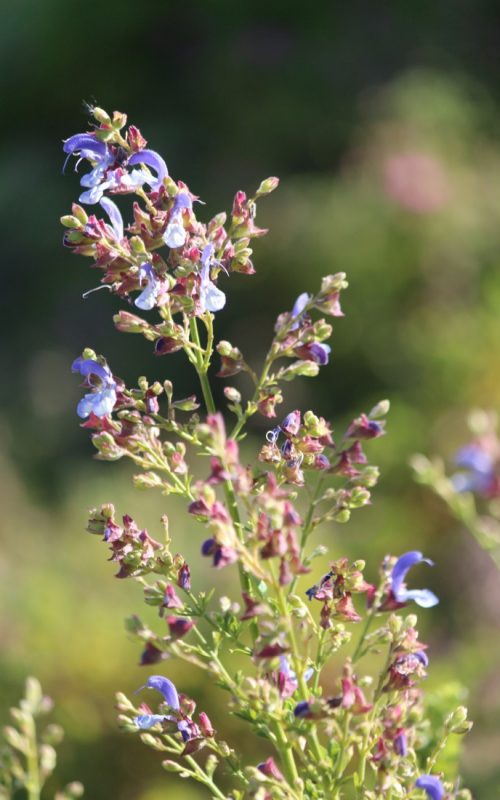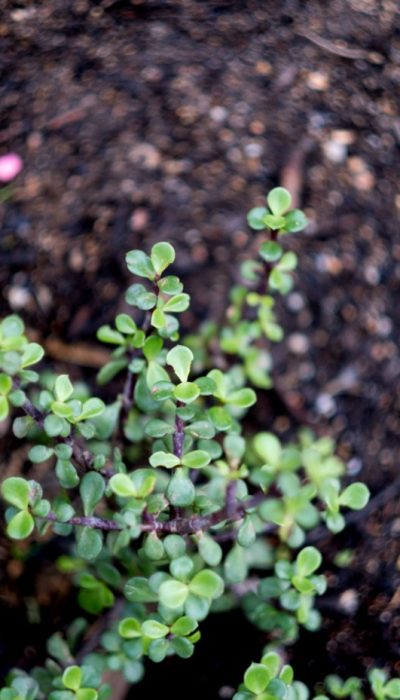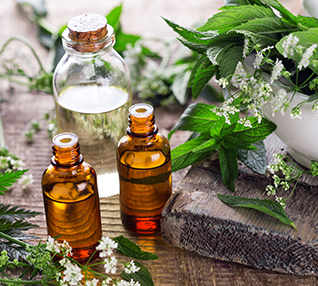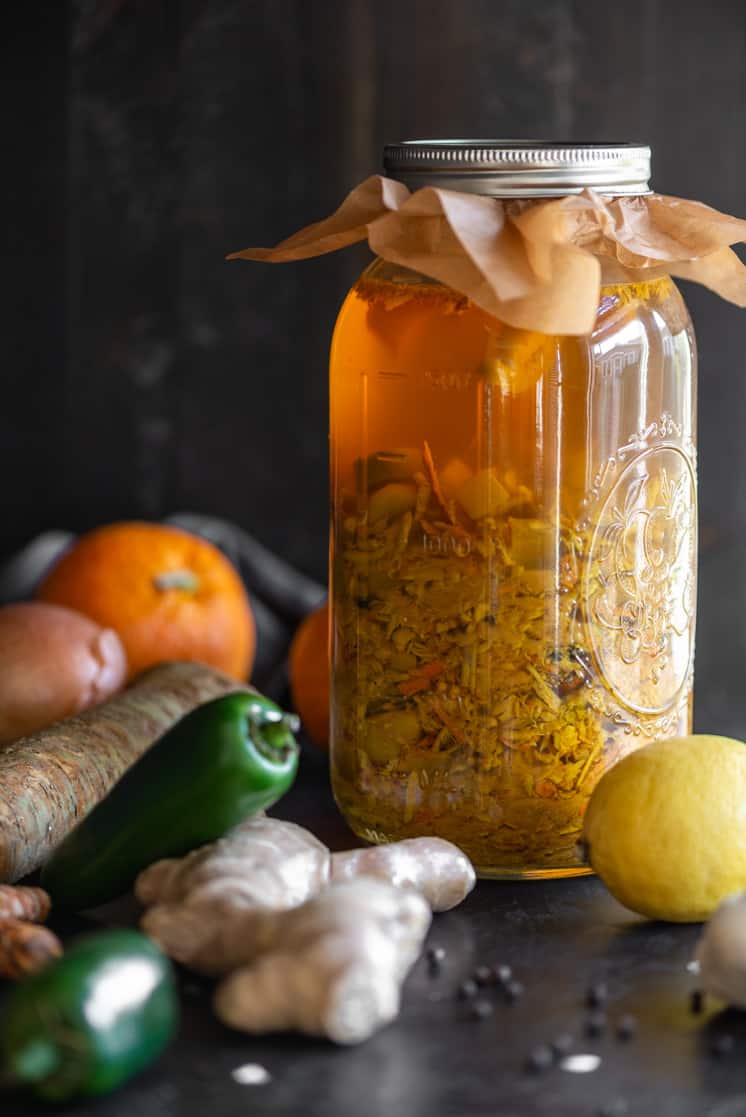African Herbs
While the use of herbs has exploded in the developed world, like Europe, Canada & the U.S.A., in most of Africa, natural, available herbs constitute ancient & modern medicine. Approximately 75% of the population relies on herbs for health purposes.
Africa’s tradition of using natural healing herbs for health care is strengthened by the sheer number of flowers & plants that are available, often untouched by modern development.
Africa may contain 10% of the worlds higher, better developed plant life. About 80% of African herbs offer health benefits.But in addition to Africa’s native herbs, Africa’s rich history of trade with China, Europe & India has only added to its store & use of natural, healingherbal remedies for health purposes. Contacts with America & Australia has provided Africa with even greater access to traditional & modern healing methods of those two nations adding to the store of African herbal remedies.
So, far from a static, backwards system of medicine & herbology, African herbal medicine is dynamic & varied, relying on traditional herbal remedies to treat illness & maintain health.
Herbs from all over the earth have been incorporated into the treasure chest of African medicine & herbs. Many swathes of the population depend on thesenatural remedies for their daily medicinal needs. Natural healing herbs are widely available on the streets and in marketplaces throughout Africa.


Issues Concerning African Herbal Remedies
Collecting herbs in Africa used to be the responsibility of African herbalists (inyangas) & spiritual leaders (sangomas). There were rules, taboos & traditions governing how & what herbs in Africa were collected and what they were used for. These guideline ably balanced need, demand & supply.
Now, much of the harvesting of African herbal plants is done with few rules. It’s like a free for all. Whereas traditional herb collecting had little effect on the population of herbs, the present situation may impact the availability of African herbal remedies in the future.
As commercial harvesting of African healing herbs increases, many types of herbs may be killed off in the attempt to produce & collect certain target herbs. Commercial harvesting is also so efficient that it can even eliminate the target herbs.
Local demand for particular African natural herbs can also lead to imbalance. This is especially so for herbs that acquire a reputation for valued benefits.
Cultivated herbs present their own issues. When some plant are cultivated & others die off, the herbal environment becomes unbalanced. Many people also believe that cultivated plants do not possess the same healing powers that wild herbs.
Even with the many issues facing herbalism, African herbal medicine is still the most important treatment modality for most Africans.
Present day African herbalists are highly trained and are accorded the same kind of respect given to trained doctors in the developed world. African herbalists continue to be the spiritual, political & scientific leaders of their communities.
As the demand for safe, effective, natural healing herbs continues to increase, the demand for healing herbs from Africa should explode in the coming decades. There should be continuing discovery of African herbs & their benefits.
Some of these African herbs are already well known to Westerners. Different forms of ginger & aloe are examples.
Other Africa herbal remedies have been introduced to Westerners but are not fully researched such as buchu & hoodia.
Get more information from below videos –
References
You Can Also Follow The Links Below-http://www.sciencedirect.com/science/article/pii/S0378874103001612 http://www.ncbi.nlm.nih.gov/pmc/articles/PMC1831906/ http://allafrica.com/stories/201111111179.html
http://en.wikipedia.org/wiki/Herbalism
http://critters.50megs.com/herbs.htm
http://plantjourneys.blogspot.com/2011/09/herbal-newsletters-for-you.html

